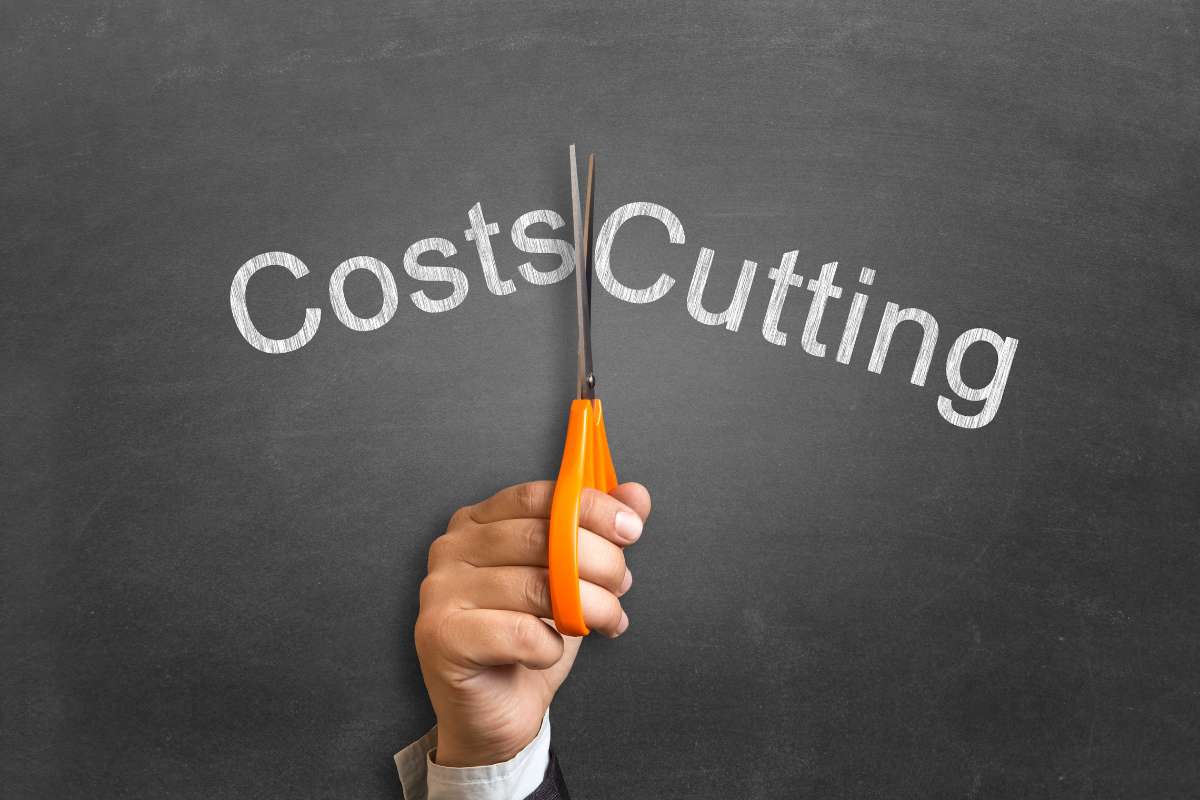Budgeting is one of the most important life skills, yet it’s often overlooked. Whether you’re trying to save for a vacation, a new car, or just get a better handle on your day-to-day expenses, learning to budget can be a game changer. The good news is, it’s never too late to start, and with a few practical tips, you can take control of your finances in no time. This guide on budgeting tips for beginners will provide the essential strategies you need to set yourself up for financial success.
Why Budgeting is Important ?
Before diving into the budgeting tips for beginners, it’s crucial to understand why budgeting matters. A budget gives you a clear picture of your financial situation, helping you make better decisions about how to spend and save your money. It enables you to track your expenses, set realistic financial goals, and avoid unnecessary debt.
A good budget ensures that you’re living within your means, reducing financial stress and providing peace of mind. It’s not about depriving yourself; rather, it’s about ensuring you have enough for your needs and saving for the future. Now, let’s explore some budgeting tips that will help you get started on the right path.
9 Effective Budgeting Tips for Beginners:
1. Track Your Expenses
One of the foundational budgeting tips for beginners is to track your expenses. Before you can create an effective budget, you need to know where your money is going. For a month, keep a detailed record of every dollar you spend—whether it’s on rent, groceries, utilities, or entertainment. Use a notebook, spreadsheet, or a budgeting app to help you track all your expenditures.
Once you have a clear overview, it will be easier to identify areas where you can cut back and save more. For many beginners, the act of simply tracking their spending reveals hidden costs and bad habits they weren’t aware of.
2. Set Realistic Financial Goals
Setting achievable goals is key to budgeting success. These goals could include saving for a down payment on a house, paying off student loans, or building an emergency fund. Whatever your financial aspirations may be, it’s essential to set both short-term and long-term goals.
For beginners, it’s important to start with small, realistic goals. For example, you might aim to save $500 over the next three months or reduce your monthly dining-out expenses by 20%. Achieving these smaller goals will build momentum and make larger financial objectives feel more attainable.
3. The 50/30/20 Rule

The 50/30/20 rule is one of the most popular and effective budgeting tips for beginners. This rule divides your after-tax income into three categories:
- 50% for needs: This includes essential expenses such as rent, utilities, groceries, and healthcare.
- 30% for wants: This category covers discretionary spending, like dining out, shopping, and entertainment.
- 20% for savings and debt repayment: Allocate this portion to build your savings or pay down debt.
This simple formula provides a structure that is easy to follow while allowing flexibility to adjust your spending priorities. It ensures that you cover your essential needs, enjoy a few indulgences, and make progress on your savings and debt.
4. Pay Yourself First
Another crucial piece of advice when learning about budgeting tips is to “pay yourself first.” This means setting aside a portion of your income for savings before spending on anything else. Treat your savings like any other bill—non-negotiable.
You can automate this process by setting up a direct transfer from your checking account to your savings account each month. Even if you start small, the habit of consistently saving money will add up over time and significantly improve your financial situation.
5. Prioritize Debt Repayment
Debt can be a significant obstacle when it comes to budgeting, but there are strategies to tackle it effectively. If you have high-interest debts, like credit card balances or personal loans, prioritize paying them off as soon as possible. Reducing your debt load frees up more money for savings and investment.
Two popular debt repayment strategies include the avalanche method, where you focus on paying off the debt with the highest interest rate first, and the snowball method, where you pay off the smallest debt first to gain motivation from quick wins. Choose the approach that works best for you and stick with it.
6. Create a Monthly Budget

Once you’ve tracked your expenses, set goals, and determined how much you’ll allocate for needs, wants, and savings, it’s time to create a monthly budget. This will be your financial roadmap. Start by listing all your income sources, then list your fixed expenses (rent, utilities, debt payments) and variable expenses (groceries, entertainment).
Make sure that your total expenses do not exceed your income. If they do, it’s time to revisit your discretionary spending and make adjustments. The goal is to ensure that you live within your means while also setting aside money for savings and investments.
7. Build an Emergency Fund
No list of budgeting tips would be complete without mentioning the importance of an emergency fund. Life is unpredictable, and having a financial cushion will protect you from unexpected expenses like medical emergencies, car repairs, or job loss.
Financial experts recommend having at least three to six months’ worth of living expenses saved in an emergency fund. Start by setting aside small amounts each month until you reach this target.
8. Review and Adjust Regularly
Budgeting isn’t a one-time task; it requires ongoing attention. Your financial situation, priorities, and goals will likely change over time, so it’s important to review and adjust your budget regularly. Set aside time each month to go over your expenses and savings goals. If you find that you’re consistently overspending in one category, make the necessary adjustments.
Being flexible with your budget will make it more sustainable in the long run. As your income grows or your financial priorities shift, your budget should evolve to reflect these changes.
9. Use Budgeting Tools and Apps

In today’s digital world, there’s no shortage of tools to help you manage your budget. Apps like Mint, YNAB (You Need A Budget), and PocketGuard offer features that allow you to track your spending, categorize expenses, and set financial goals.
These tools can be especially helpful for beginners who may find traditional budgeting methods overwhelming. They also offer real-time updates on your financial health, helping you stay on top of your budget with ease.
Conclusion
Starting a budget can feel daunting at first, but with these budgeting tips for beginners, you can gain control of your finances and work toward your goals. Remember to track your expenses, set realistic goals, use the 50/30/20 rule, and adjust your budget regularly. The earlier you start budgeting, the sooner you’ll see the benefits in your financial life. Stay consistent, be patient, and over time, your financial health will thrive.
By implementing these budgeting tips for beginners, you can make better financial decisions, avoid debt, and achieve your long-term goals. Whether you’re just starting out or looking to refine your budgeting skills, these strategies will guide you toward financial success.









